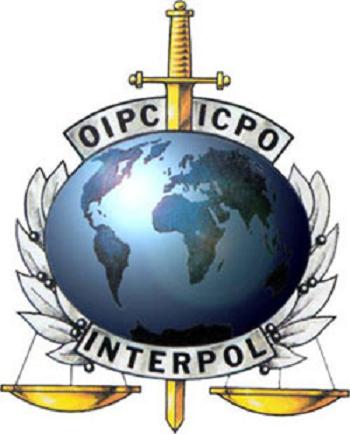
By J. DeVoy
In a little-publicized move just now being scrutinized over at The Spearhead, Barack Obama has granted the International Criminal Police Organization (INTERPOL) new immunities under US law. On December 16, 2009, Obama signed an executive order amending Order 12425, signed by Ronald Reagan in 1983. This new order removes language restricting the immunities enjoyed by INTERPOL under the International Organizations Immunities Act. Most troubling to civil libertarians is the protection of § 2(c) now extended to INTERPOL, providing that:
Property and assets of international organizations, wherever located and by whomsoever held, shall be immune from search, unless such immunity be expressly waived, and from confiscation. The archives of international organizations shall be inviolable.
ThreatsWatch.org astutely notes that such protection immunizes INTERPOL property and assets held in the US or by US citizens from search and seizure. This raises difficult questions about the creep of international influences on US sovereignty, as INTERPOL now receives greater protection than agencies subject to the freedom of information act (see the second clause of § 2(c)). Additionally, INTERPOL’s property is now immune from search and confiscation without regard to how it’s acquired.
If INTERPOL takes individual property in any form and for any reason – say an investigation or other matter – it’s gone. Kiss it goodbye, because you may no longer have the force of law to recover it. Even if it was recoverable under Obama’s new order, those “inviolable” records and archives can’t be subpoenaed or otherwise investigated to find out where the property is or what happened to it.
On a mundane and daily level, this won’t affect many people. However nefarious your web use, the INTERPOLice are unlikely to walk in the door, go full Chris Hansen, and confiscate your laptop; nor are they likely to take your car, furniture or other items. Property is a broad term, though, and may be most likely applied in taking trade secrets, copyrights and patents that do relate to legitimate INTERPOL activities, such as the investigation of child pornography and human trafficking of children. Truly, “think of the children” is the universal battle cry of personal liberty’s staunchest enemies. This form of property is much more valuable than personal property and, due to the intangible nature of it, the danger of this property’s expropriation does not strike fear into the hearts of the uncreative classes, i.e. most people.
Not only can INTERPOL now take what it wants, it seems to be able to do so without compensation – a violation of the Fifth Amendment if done by a sovereign government. Even skeptics of due process will take issue with this level of power being given to a foreign entity. Considering the Supreme Court’s flirtation with international law while outwardly rejecting it, though, this erosion of sovereignty hardly is surprising.

